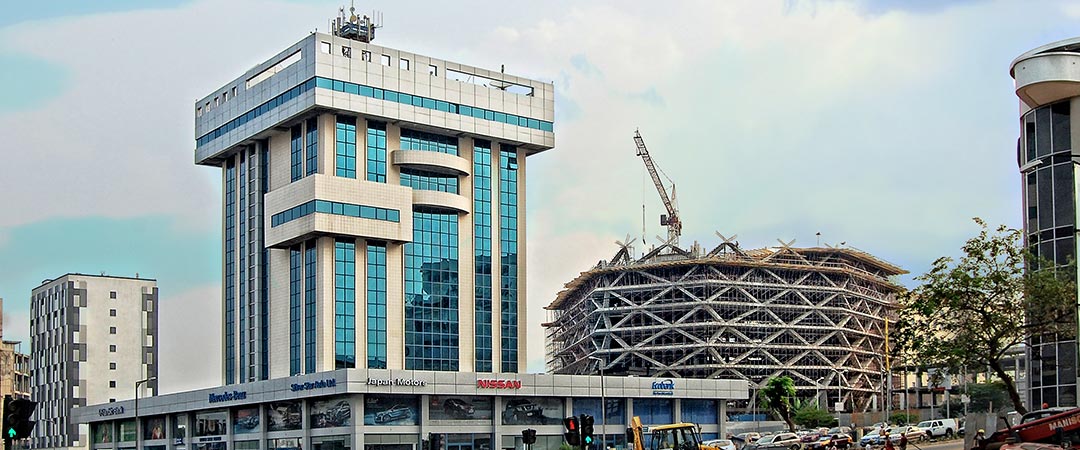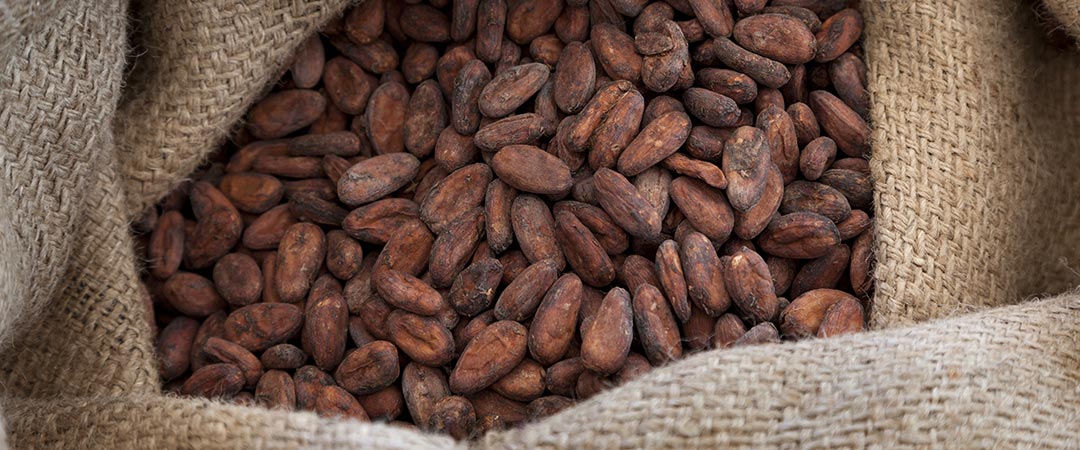The data on gross domestic product certify that Ghana is one of the strongest economies in Africa with a GDP that has been growing steadily for 23 years and increased a further 3.3% in 2016.
This progressive development is the result of policies aimed at economic growth, improved management of public finances and the creation of new jobs. The abundance of raw materials (gold and oil primarily material) also guarantees a good positioning in the global export market.
The real estate sector is one of the pillars of the Ghanaian economy and can be counted on with the experience and professionalism of four Italian companies, established in Ghana as leaders in this area: Trasacco Group, Consar Ltd, De Simone & Sons Ltd and Barbisotti.
It is thanks to these that Ghana has witnessed a rapid urbanization process, which in recent decades saw an explosion of housing, offices and building complexes. The Accra Mall for example is the largest shopping centre in Accra, which has more than four million visitors a year.
A study conducted by the Central Bank of Ghana has also show that the country is still in need of a further half million residential-type buildings. This expansion is connected to the real estate use of aluminium frames that prove more resistant to the tropical climate than wooden ones do.
In the last decades Ghana experimented a growing urbanization. Accra Mall, above, is one of the most important shopping center in the country
The agricultural sector contributes to nearly 30% of Ghana’s GDP and this sector employs more than 60% of the workforce. Of the 24 million hectors of land in Ghana at least 57% is suitable for agriculture and for this reason; the investment opportunities in this sector are assured.
The presence of large forests has also facilitated the development of the timber industry, which employs 120,000 people, and in recent years has become one of the main goods of exports from Ghana.
Ghana is also the tenth largest producer of gold in the world and the value of exports is around $ 3.2 billion. In May 2016, to further promote mining activities, the Ghanaian government allocated 400 new exploration licenses. In addition to the precious metal, Ghana is a major producer of bauxite, manganese and diamonds.
Another mainstay of Ghana is its cocoa production, enabling Ghana to be the second largest producer after the Ivory Coast. Together, they produce more than half of the world’s cocoa.
Another area that is progressing at a phenomenal rate is linked to energy: the energy demand in Ghanaian grows 10% each year, the highest figure of the sub-Saharan region.
Ghana is a major producer of wood oil and cocoa
The extraction of oil, over the years, has become one of the engines of the economy and contributes significantly to the growth of Ghana’s GDP. The geographical location also provides investment opportunities in the solar industry.
The gains arising from the energy sector are reinvested in services, which account for almost 50% of GDP. Tourism is growing and offers interesting business opportunities. Along the coast there are numerous UNESCO World Heritage sites, including the Village Nzuluzu

